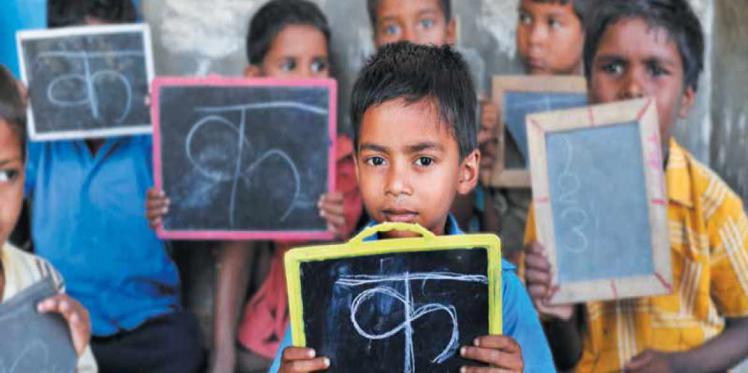In a world where education serves as the cornerstone for progress and development, Non-Governmental Organizations (NGOs) play a pivotal role in ensuring that quality education reaches every corner of society. The responsibilities shouldered by NGOs in the realm of education are multifaceted, extending beyond traditional classroom boundaries. This article explores the key responsibility areas that NGOs must navigate to create a lasting impact on educational landscapes.

Access to Education: Bridging Gaps
One of the primary responsibilities of an NGO in the education sector is to bridge the gaps in access to education. This involves identifying marginalized and underserved communities, developing strategies to bring education to these areas, and addressing barriers such as gender bias, socio-economic disparities, and geographical remoteness. Through the establishment of community learning centers and innovative outreach programs, NGOs can ensure that no child is left behind.
Quality of Education: Elevating Standards
Ensuring access alone is insufficient; the quality of education is paramount. NGOs need to collaborate with educational institutions, design curriculum enhancements, and provide teacher training programs to elevate the standards of education. Quality assurance mechanisms, including regular assessments and feedback loops, should be integrated to monitor and improve the efficacy of educational interventions.
Inclusive Education: Catering to Diverse Needs
NGOs must champion the cause of inclusive education, recognizing and addressing the diverse needs of learners. This involves creating environments where children with disabilities, those from marginalized communities, and those facing learning challenges are integrated seamlessly into mainstream education. Inclusive education fosters a sense of belonging and breaks down societal barriers.
Skill Development: Empowering for Life Beyond Classrooms
Education extends beyond academic knowledge; it should equip individuals with skills necessary for active participation in society. NGOs can introduce vocational training programs, entrepreneurship initiatives, and life skills workshops to prepare students for the challenges of the real world. This emphasis on holistic development contributes to breaking the cycle of poverty and empowers individuals to create sustainable livelihoods.
Advocacy and Policy Influence: Catalysts for Change
NGOs must act as catalysts for change by actively engaging in advocacy efforts and influencing education policies. Through research, data-driven insights, and collaboration with governmental bodies, NGOs can contribute to the formulation of policies that address the evolving needs of the education sector. Advocacy also involves promoting a culture of transparency and accountability in educational institutions.
Community Engagement: Building Partnerships
Community engagement is at the heart of effective NGO initiatives. Establishing partnerships with local communities, parents, and grassroots organizations enhances the relevance and sustainability of educational interventions. This collaborative approach ensures that initiatives are culturally sensitive and responsive to the unique challenges faced by each community.
Technology Integration: Enhancing Learning Experiences
In the digital age, NGOs must explore innovative ways to integrate technology into education. This involves providing access to digital resources, implementing e-learning platforms, and leveraging technology for teacher training. By harnessing the power of technology, NGOs can reach a wider audience, personalize learning experiences, and bridge technological divides.
Monitoring and Evaluation: Ensuring Impact
To measure the success of educational interventions, NGOs need robust monitoring and evaluation mechanisms. This involves setting clear metrics, collecting data on key performance indicators, and conducting regular assessments. By critically evaluating the impact of their programs, NGOs can refine their strategies and ensure that resources are allocated effectively to maximize outcomes.
Conclusion:
The responsibilities of NGOs in the field of education are vast and intricate, demanding a comprehensive and holistic approach. By addressing access, quality, inclusivity, skill development, advocacy, community engagement, technology integration, and monitoring, NGOs can become powerful agents of change. In navigating these key responsibility areas, NGOs contribute significantly to building a foundation for a more equitable, empowered, and educated global society. As we navigate the complexities of the 21st century, the role of NGOs in education remains indispensable in unlocking the potential of every individual, irrespective of their background or circumstances.
Read More:- Why Choose To Volunteer For The Street Children Program In India?
Read More:- A COMPREHENSIVE EXPLORATION OF THE CONCEPT OF LEARNING
